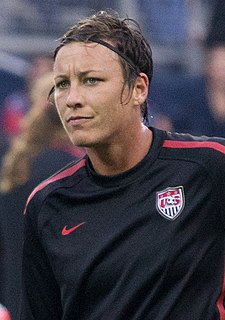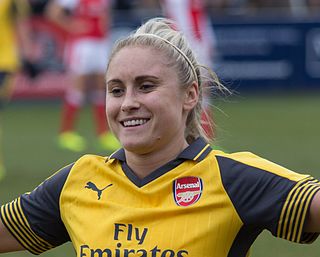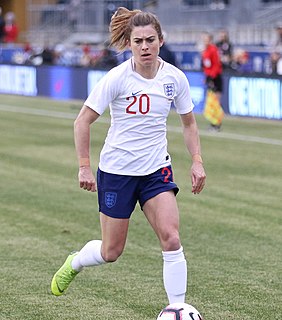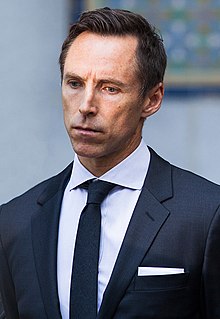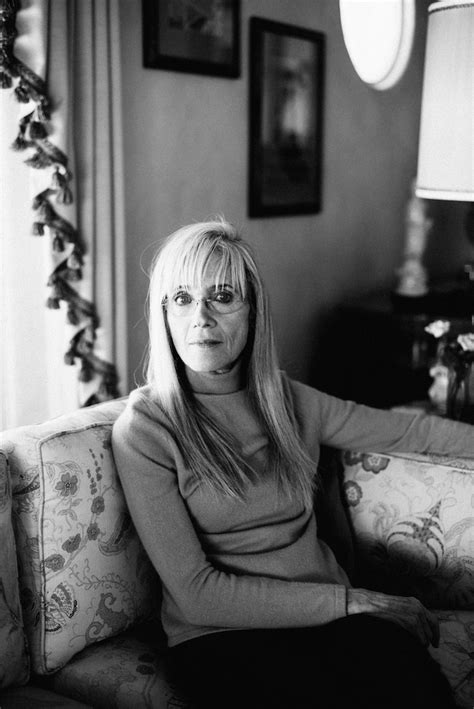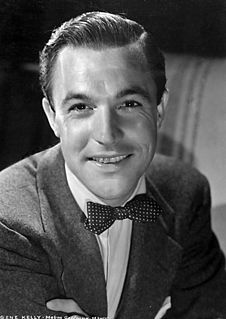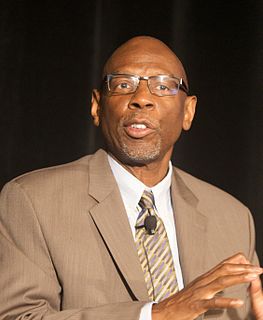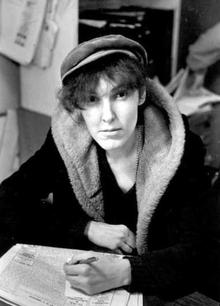A Quote by Abby Wambach
When I was really young, the women's national team wasn't on a grand media stage, so my role models were male basketball and male American football players.
Related Quotes
I think that what's happening is that girls are enjoying playing. It's a lot more acceptable, and now we have a Women's Super League with hugely dedicated female role models - really committed players who people can see are dedicated and training as hard if not harder than any male players - that's all progressing the sport.
The bonding of women that is woman-loving, or Gyn/affection, is very different from male bonding. Male bonding has been the glue of male dominance. It has been based upon recognition of the difference men see between themselves and women, and is a form of the behaviour, masculinity, that creates and maintains male power… Male comradeship/bonding depends upon energy drained from women.
